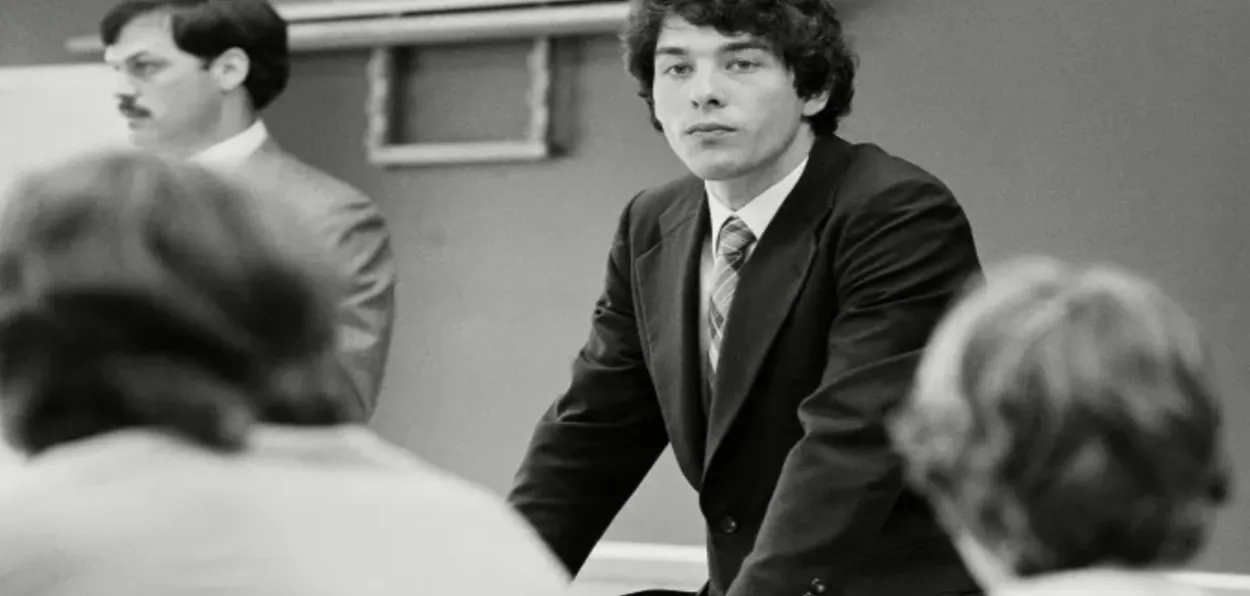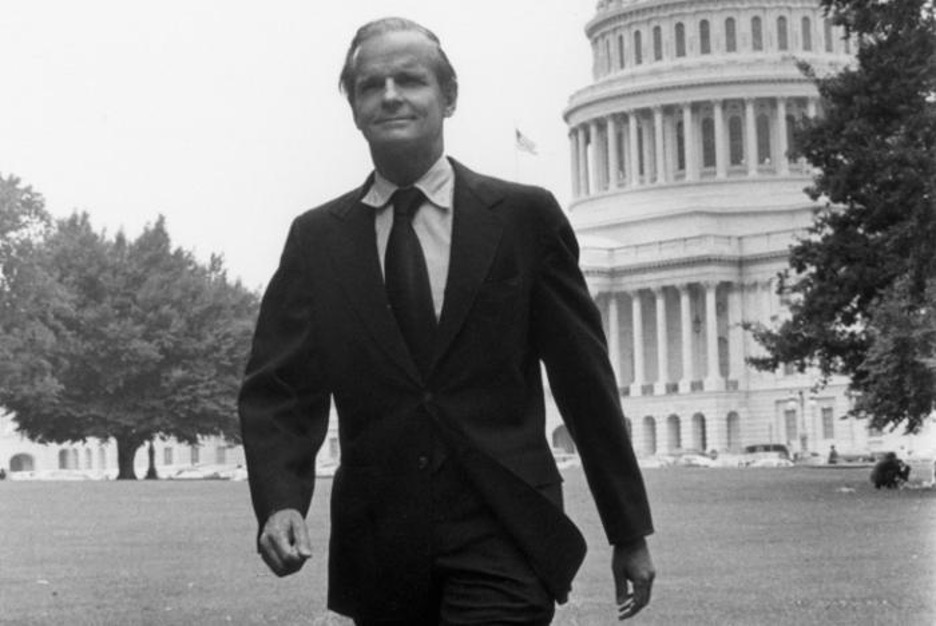
Saquib Salim
“The Pakistani outfit (ISI) is the laughing stock of the entire intelligence community. Judging by the amateurish way Ali Zai tried to get your design, I'd say he’s got to be a Paki. And if our investigation shows that he is a Paki, then you’re in no danger.”
This is what George Daniels, an FBI officer, replied to John Aristotle Phillips when asked, “But aren’t the Pakistanis dangerous?”
What was going on in the early months of 1977 in the USA, which involved a young student at Princeton University, the US government, CIA, FBI, Pakistan, ISI, and France?
John Aristotle Phillips was an undergraduate student at Princeton University. In 1975, he argued with his professors that an atom bomb could be made by anyone, including terrorists, since all its ‘secrets’ wrre declassified. The only way to stop the development of atomic bombs further was to control access to enriched Uranium and Plutonium.
To prove the point, Phillips chose to work on his undergraduate project, supervised by famous physicist Freeman Dyson, titled How to Build Your Own Atomic Bomb. In May 1976, he submitted a 34-page project report titled, An Assessment of the Problems and Possibilities Confronting a Terrorist Group or Non-Nuclear Nation Attempting to Design a Crude Pu-239 Fission Bomb. The paper was awarded an A-grade, the only A in that batch of the University. Eugene Wigner, a Nobel Laureate Physicist at Princeton who was called Allah for his stature in the discipline, took note of the paper, and the world started writing about it.
The point was proven. Phillips said, “I wanted to dramatically demonstrate that it would be easy for a terrorist group to design an atomic bomb from declassified, publicly available information. The point is, if we’re going to stop some kooks from building a bomb, we’ve got to put stricter safeguards on the manufacture and transport of plutonium between nuclear facilities. Plutonium is a man-made substance, and we can eliminate the risk if we don’t use it as fuel for nuclear power plants in the future.”
Elsewhere, the atom bomb question had its epicenter in the Indian subcontinent. On 18 May 1974, India detonated its first nuclear weapon at Pokhran under the name Smiling Buddha. Now, Pakistan wanted to balance the power with India by acquiring the atomic bomb. Yes, by acquiring since the scientific development in the country was incapable of developing a nuclear weapon like India had done.
 US Senator William Proxmire
US Senator William Proxmire
Zulfiqar Ali Bhutto famously said, “We will get the bomb, too; even if our people have to eat grass.”
In March 1976, France signed a deal with Pakistan for the supply of a plutonium-based nuclear reprocessing plant. The USA and several other nations were against the deal, as they believed that after Bhutto’s public utterances, where he had stated that Pakistan would acquire an atom bomb by hook or by crook, it would surely be used to make an atom bomb. With this paper by Phillips, the USA had more reasons to lobby against the France-Pakistan deal. It had shown that the only roadblock in having an atom bomb was getting Plutonium. Phillips later recalled, “Just below the story about me is the headline FRANCE TO PROCEED ON A-SALE. This refers to the controversial sale of nuclear reactor technology to Pakistan, which would give Pakistan the fissionable material necessary for an atomic bomb. The world suddenly seems different. There I am in the public consciousness right next to the France-Pakistan sale.”
But Phillips was not completely correct. His assertion that anyone with access to libraries could develop an atom bomb did not apply to Pakistan.
What happened after that was no less than a Hollywood movie story. Phillips received a phone call from the office of the Dean informing him that someone, identifying himself as an assistant to the ambassador at the Pakistani Embassy, had called to ask for a copy of his famous paper on the atom bomb. When he was told that it was not available for him, he asked for Phillips' phone number.
Later, Phillips recalled, “If this guy is a Pakistani, it could be an important matter. I remember reading recently in the Times that the Pakistanis are attempting to purchase a nuclear facility, including a plutonium reprocessing plant, from France, against the objections of the United States. The Pakistanis say they have no intention of developing nuclear weapons, but the U.S. suspects otherwise.”
William Proxmire, a Senator, was soon contacted, and the FBI took the matter to investigate as the CIA also kept a close watch on the episode now. Phillips was asked by the intelligence officers to pick up the call of that alleged Pakistani official and try to find out his name and address.
The man called the next morning. He identified himself as an official at the Embassy of Pakistan and said he wanted the paper for peaceful use of nuclear energy. When enquired about his name and address to send the paper, the man told, “You may send it to me, Ali Zai, in the care of the Pakistan Embassy in Washington, D.C.”
Philiphs asked him, “Have you eaten any grass lately, Mr. Zai?”
“I do not think it's funny,” Zai replied in a tight, acid voice. Phillips replied, “I do not think an atomic bomb design can be used for peaceful purposes, Mr. Zai.”
After a heated exchange when the phone was hung up, Phillips realised the gravity of the situation. When an FBI official came, Phillips wondered if there would be an attempt to kidnap him by Pakistani spies. The officer told him, “If this Ali Zai fellow works for the Pakistani intelligence agency, I don’t think you’re in danger. But if he’s working for somebody else, then it could be serious.”
According to him, the Pakistani agencies were unprofessional in such jobs.
Later, Ali Zai came out to be a Pakistani agent. Senator Proxmire made it an International issue, which forced France to stop giving nuclear reactors to Pakistan. Phillips became a hero, with Television channels, newspapers, and magazines asking for his interview.
Mark Carliner, a Hollywood Film producer, proposed to Phillips a movie on his brush with Pakistani spies. He told Phillips, “I first read the story in the L.A. Times last February and then saw the article in People and thought, Wow! what a picture this would make! College kid designs an A-bomb, gets famous, and is chased by Pakistani spies!”
ALSO READ: Why Pakistan ups its ante against India after each IMF loan
The movie could never be made, but Phillips surely killed the plans of Pakistan to acquire a nuclear weapon in the 1970s. They eventually acquired nuclear weapons in 1998.
